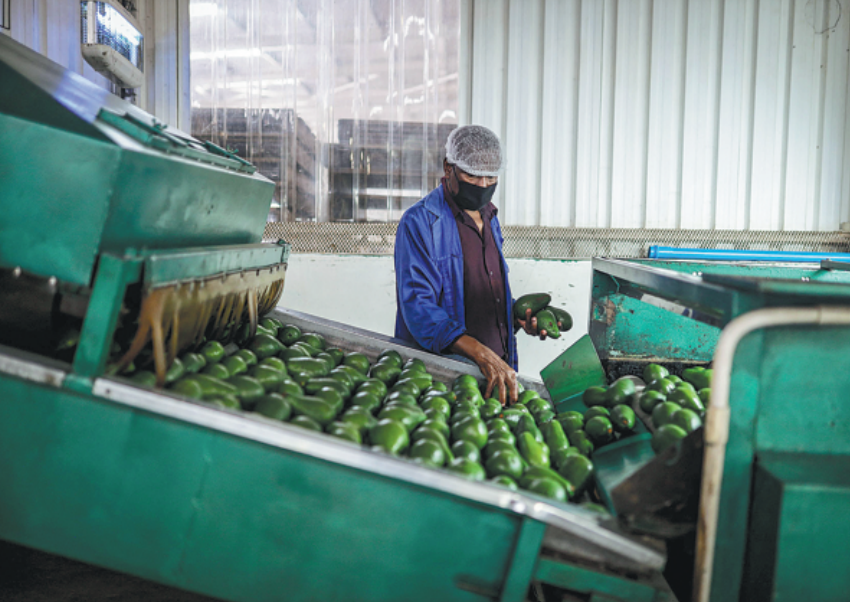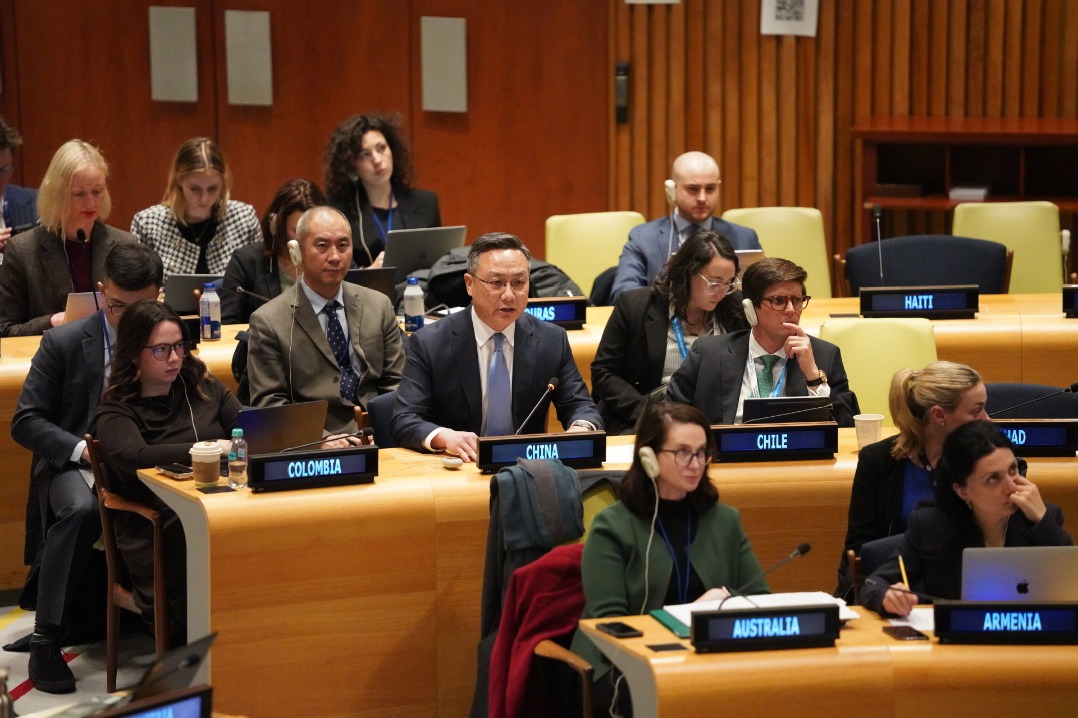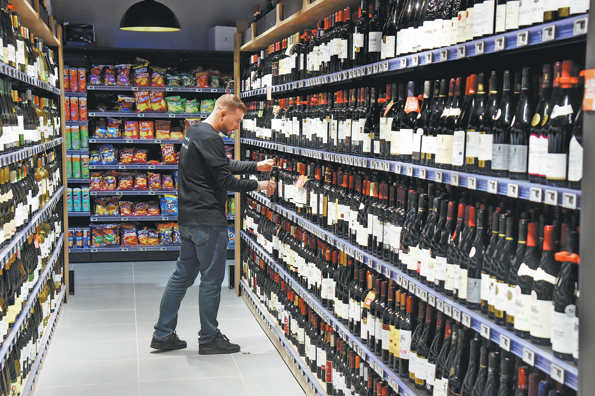Southern Africa rethinks trade partnerships


Amid rising global tariffs and uncertainty over US trade preferences, the Southern African Development Community is facing mounting pressure to reassess its external partnerships and accelerate regional integration.
At the 34th meeting of the SADC's committee of trade ministers held in Harare, Zimbabwe, officials warned that reliance on traditional development partners is increasingly risky. Member states, they said, must chart a more independent course in defining trade priorities, securing markets and driving inclusive growth across the region.
The 16-member SADC, including Angola, South Africa and Tanzania, works to promote economic integration and political cooperation across Southern Africa.
Elias Magosi, executive secretary of the SADC, said on Thursday that the changing global tariff landscape has redefined trade dynamics, prompting the region to adopt pragmatic and strategic responses.
Global trade dynamics were shifting rapidly and Southern Africa must adapt, Magosi said.
"We must shape and determine our destiny going forward. Our region needs robust negotiation capacities that will allow us to define trade and economic frameworks on our own terms."
His remarks came as uncertainty looms over the renewal of the African Growth and Opportunity Act — a United States trade program that offers duty-free access to eligible African countries. With the act set to expire in September and the potential imposition of a blanket 10 percent tariff on all US imports, the model many SADC countries have relied on is under threat.
"This is a wake-up call for us to deepen cooperation and integration across the region," Magosi said. "We must take these geopolitical signals seriously."
Magosi also lamented the persistently low levels of intra-SADC trade, which remain at just 18 percent despite the launch of the SADC Free Trade Area in 2008.
The full implementation of the free trade area deal by all member states is essential, he said. "It's time we translate trade agreements into tangible economic growth for our people."
Amon Murwira, chairperson of the SADC Council of Ministers, stressed the importance of unity among member states.
"The fragile state of global trade relations — (marked by) unilateral actions, reversals of trade commitments and threats to multilateralism — reinforces the need to build our collective resilience through promoting sustainable development, deepening regional integration, strengthening value chains and expanding trade within our own region."
Mikatekiso Kubayi, a senior researcher at the Institute for Global Dialogue in South Africa, suggested that SADC countries approach the US collectively rather than individually while seeking alternative trade partners amid the US' volatile trade policies.
The tariffs were imposed unilaterally by Washington through executive orders, not via the World Trade Organization, he said. Taking the US to the WTO will not help, he said, because it does not respect multilateralism, prioritizes self-interest and ignores the consequences of its actions.
"While looking for an amicable deal with the US, countries should look for opportunities or new markets for partnership elsewhere. Countries do not have to put all eggs in one basket."
Kubayi also praised China's pledge to implement zero tariffs for all 53 African countries with which it has diplomatic ties, announced last week at a meeting on China-Africa cooperation in Changsha, Hunan province.
With the African Growth and Opportunity Act set to expire in September, SADC countries should prepare for life with or without it by exploring trade opportunities in other countries, he said.
The US can choose to "weaponize "the act, he said, so the SADC should intensify trade among themselves and with other African countries to cushion future shocks.
Ndumiso Mlilo in Johannesburg contributed to this story.
































